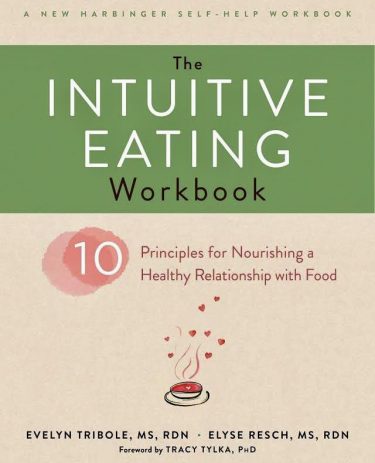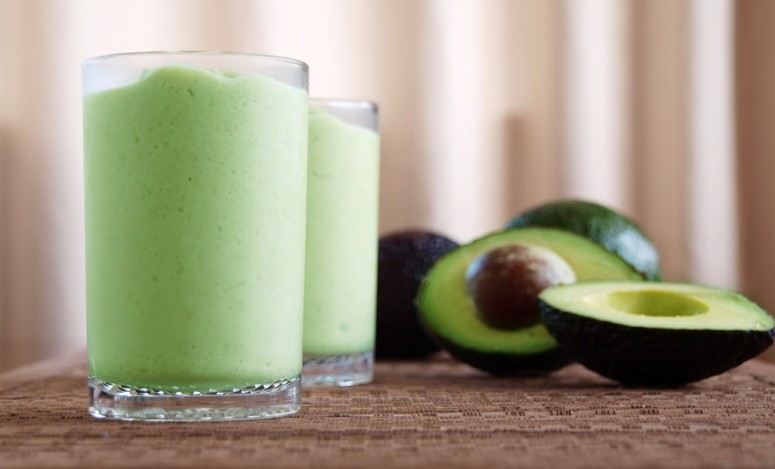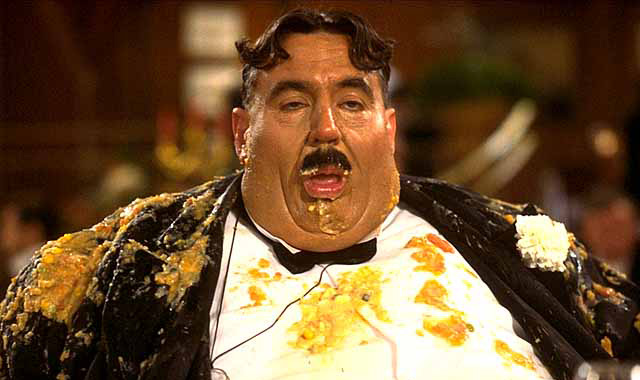 After recently learning that a family member was suffering from an eating disorder, I read Intuitive Eating, aka “The Gold Standard For a Healthy Relationship with Food.” I really appreciated the no-nonsense advice and wanted to summarize its 10, medically backed strategies for a sustainable diet:
After recently learning that a family member was suffering from an eating disorder, I read Intuitive Eating, aka “The Gold Standard For a Healthy Relationship with Food.” I really appreciated the no-nonsense advice and wanted to summarize its 10, medically backed strategies for a sustainable diet:
- Reject dieting (no counting calories)
- Honor hunger (it knows the right amount)
- Make peace with food (give yourself unconditional permission to eat)
- Challenge the food police (ie “protein is the best food group”)
- Feel your fullness (listen and ask yourself if you are comfortably full)
- Discover the satisfaction of eating (which naturally causes us to eat less)
- Cope with your feelings without using food (stay away from food until feeling is managed)
- Respect your body (get rid of scale, don’t be overly critical about its shape)
- Exercise: feel the difference (focus on how you feel working out, not calorie burning)
- Honor your health with gentle nutrition (make food choices that make you feel well—it’s what you eat over time that matters.)
Brilliant!

An estimated quarter of the world’s population doesn’t eat pork—mostly for religious but also for vegetarian reasons. Why?
“Islam and Judaism both originated in a region where pigs were scavengers and rooted through garbage to survive,” explains Jeff Dege on Quora. “They were unclean in every sense in that environment.”
On the other hand, Western civilizations are more accustom to non-scavenger or otherwise domesticated pigs that aren’t as infected as the ones the Middle East grew up with.
“If I lived in the Middle East 1500–200 years ago, I wouldn’t have eaten pig, either,” concludes Dege. “But I don’t and the reasons for avoiding it then and there don’t apply here and now.”
Which explains why the other three quarters of the world happily consume pork, mostly for barbecue, bacon, sausage, and chop reasons.
On a personal note, I rank edible animal muscle as follows—beef > poultry > pork > fish—but I try to limit my intake of it to no more than 2-3 times a week in favor of produce.
In the early 1900s, bananas may have been named the world’s first superfood. At the time, even The American Medical Association praised them for being “sealed by nature in practically germ-proof packages.”*
Although still one of the most nutrient-dense foods you can eat, bananas are no longer consider a superfood. (I eat one every morning, however, as they’re always in season). Trendy things like acai berries, green tea, quinoa, kale and other manufactured foods are. It’s gotten so out of hand, that the FDA issued a warning letter recently about falsely advertised “superfoods.” As of 2007, the European Union has prohibited food makers from using the term “superfood.”
So how can we distinguish marketing hype from science when seeking out nutrient-rich foods? Highbrow did just that recently. This is what they came up with—the top 10 superfoods backed by science. Continue reading…

Ang Sarap
Like many of you, I go through food phases. Here’s what I’m particularly keen on eating, making, and cooking right now: Continue reading…

Eating well is hard to do. Here are a 13 lucky food strategies I follow to keep extravagance at bay.
- Never order a cheeseburger. I said never. “But, Blake,” you ask, “Don’t you like cheese and beef?” Yes. Both are bursting with flavor. But there’s no sense overdoing it when each are good on their own. “I really wish this delicious burger had cheese on it,” said no one ever. “I really wish this grill cheese had meat on it,” also said no one ever. Pick one and enjoy.
- Hold the mayo and sour cream. Speaking of burgers, my wife and I made homemade ones over the weekend. Mine was topped with red onion, lettuce, tomato, Dijon mustard, and ketchup on a Texas toasted bun. It was a taste explosion, even without the mayo. Same goes for the tacos we had tonight. Beef, cheese, lettuce, tomato, on a freshly cooked tortilla. No sour cream required. Again, sour cream and mayo are delicious, but there’s no sense in adding them to an already heavily-flavored meal. Continue reading…
 If you’re happy with your health, nutrition and self-image, skip to the next post. If not, read on.
If you’re happy with your health, nutrition and self-image, skip to the next post. If not, read on.
In nine years of marriage, Lindsey and I have never owned a weight scale. Not one.
Why? Because they’re superficial, largely meaningless, and a lousy motivator of long-term health. Continue reading…
 After recently learning that a family member was suffering from an eating disorder, I read Intuitive Eating, aka “The Gold Standard For a Healthy Relationship with Food.” I really appreciated the no-nonsense advice and wanted to summarize its 10, medically backed strategies for a sustainable diet:
After recently learning that a family member was suffering from an eating disorder, I read Intuitive Eating, aka “The Gold Standard For a Healthy Relationship with Food.” I really appreciated the no-nonsense advice and wanted to summarize its 10, medically backed strategies for a sustainable diet:




 If you’re happy with your health, nutrition and self-image, skip to the next post. If not, read on.
If you’re happy with your health, nutrition and self-image, skip to the next post. If not, read on.